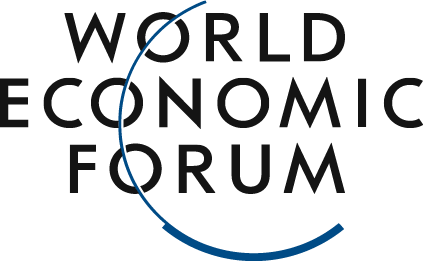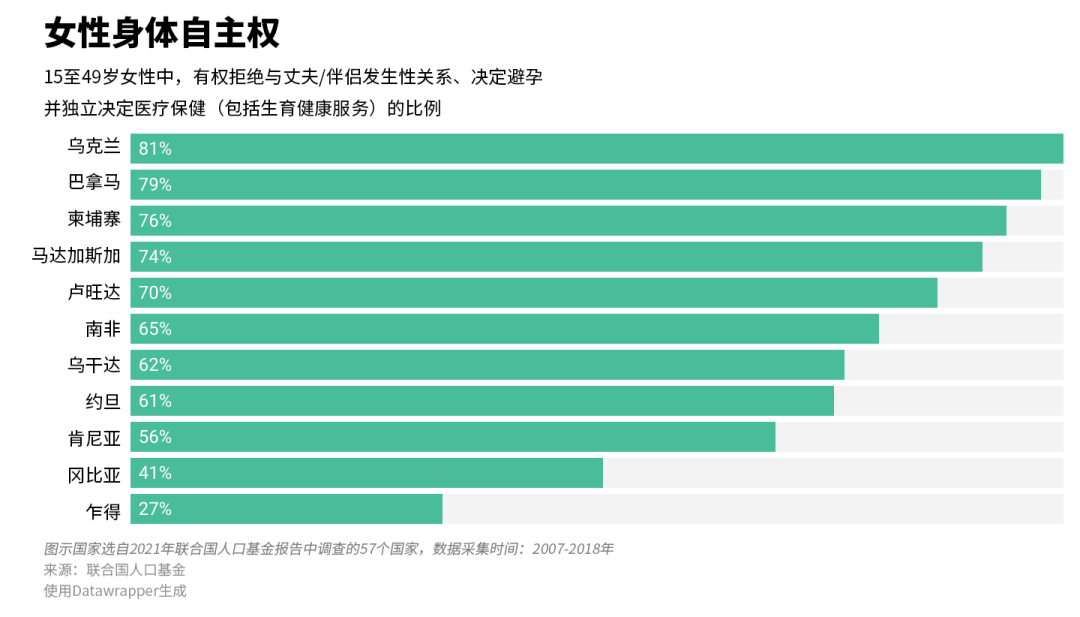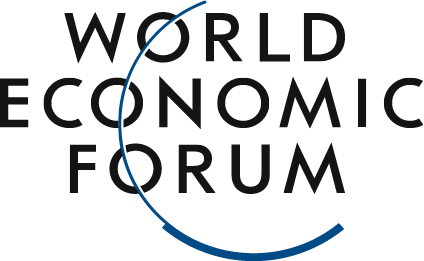Home/News/What is women's "bodily autonomy," and why does it matter to everyone?/
What is women's "bodily autonomy," and why does it matter to everyone?
2025-03-08
:/Mariana Greif
John Letzing
:
Nevertheless, according to data from the Reproductive Rights Center, nearly 50 countries have relaxed their abortion laws over the past few decades.Meanwhile, according to data from the United Nations Population Fund (UNFPA), the use of modern contraceptives has more than doubled since 1994. However, the agency also estimates that, as of last year, 217 million women still had unmet needs in this area.The United Nations Population Fund has brought more good news, but there’s also bad news: while female genital mutilation has declined in countries where it was once widespread, as many as 4 million girls still endured this brutal practice in 2020.In the same year, approximately 12 million girls were married before the age of 18.Fortunately, scholars who study the history of women's autonomy in Europe—and who also examine early marriage rates—have highlighted data that align more closely with contemporary trends and paint a more optimistic picture.They noted that Botswana’s GDP growth aligns with its relatively high gender equality rate, while South Korea and China—having transitioned from "extreme" gender inequality in the early 20th century to relatively high levels of gender equality by the 1970s—have both achieved remarkable economic progress as a result.The above content solely represents the author's personal views.This article is translated from the World Economic Forum's Agenda blog; the Chinese version is for reference purposes only.Feel free to share this in your WeChat Moments; please leave a comment at the end of the article or on our official account if you’d like to republish.
Translated by: Sun Qian | Edited by: Wang Can
The World Economic Forum is an independent and neutral platform dedicated to bringing together diverse perspectives to discuss critical global, regional, and industry-specific issues.
Follow us on Weibo, WeChat Video Accounts, Douyin, and Xiaohongshu!
"World Economic Forum"






